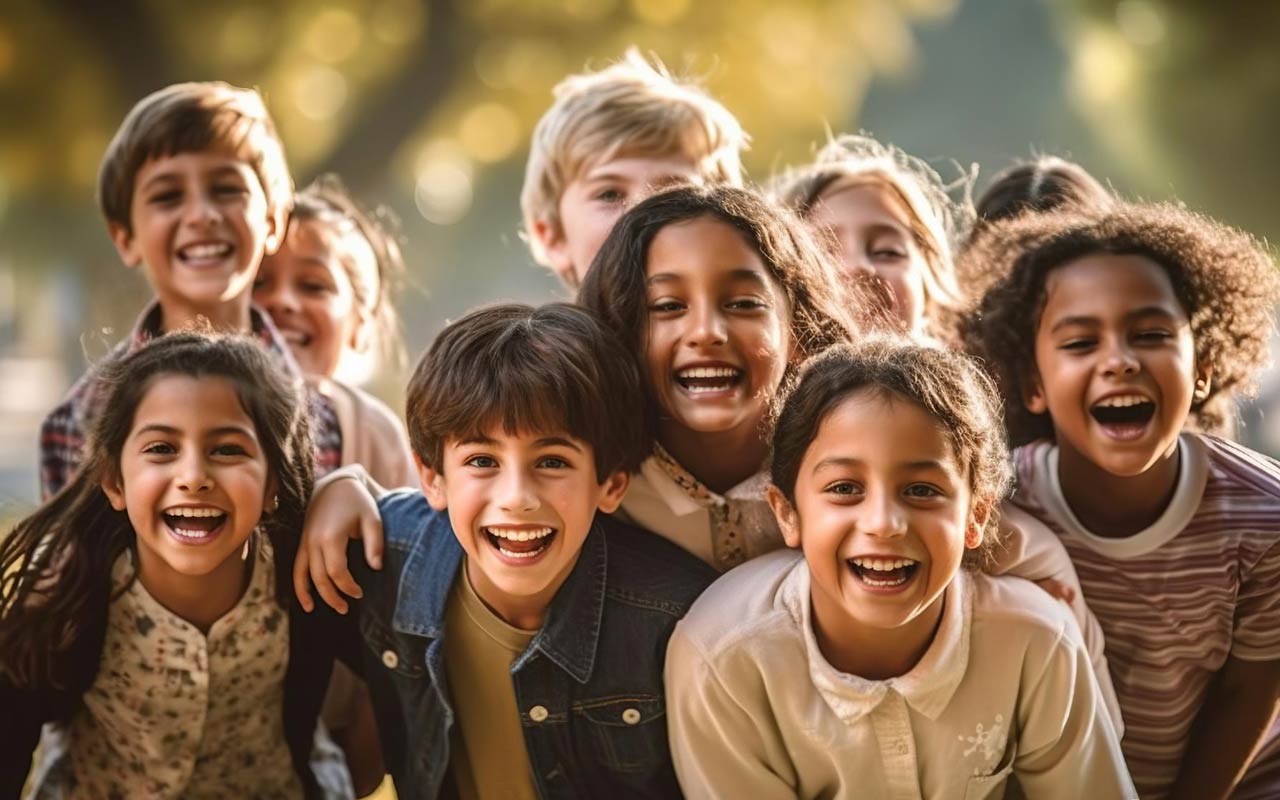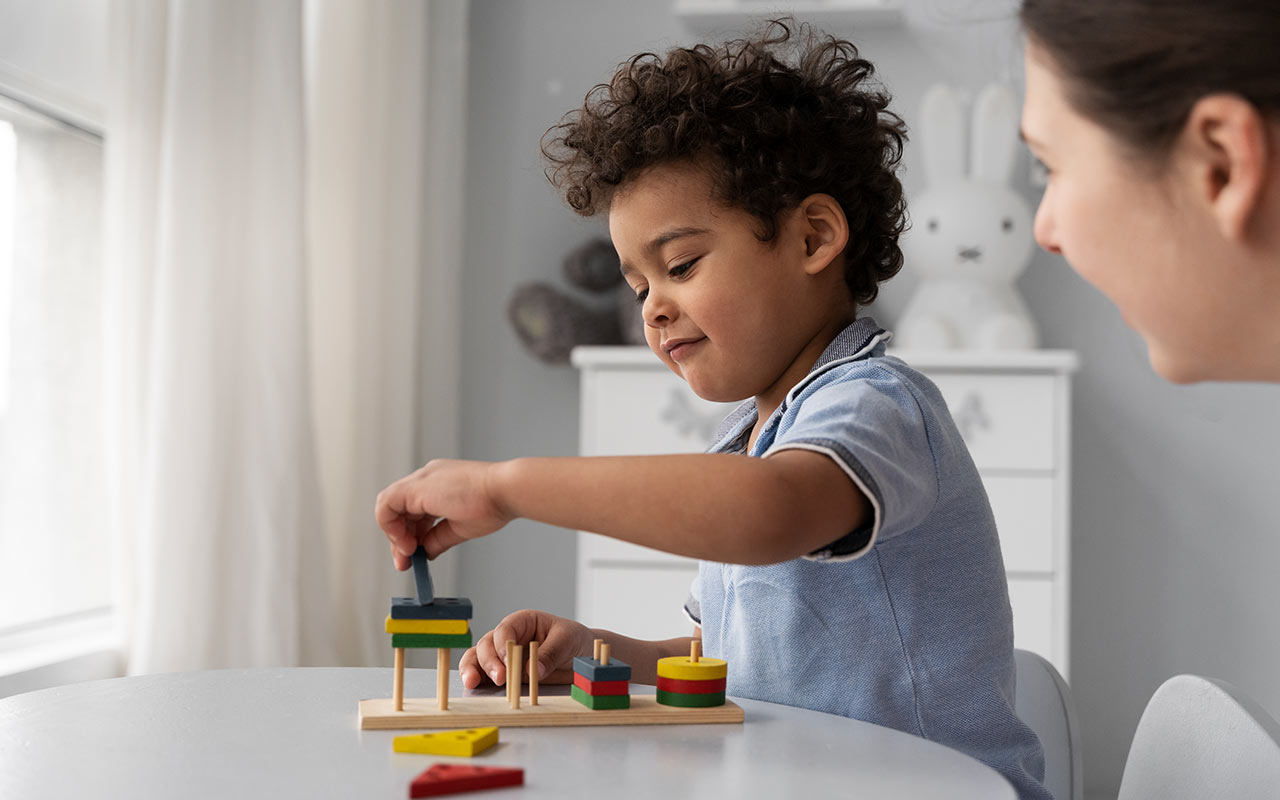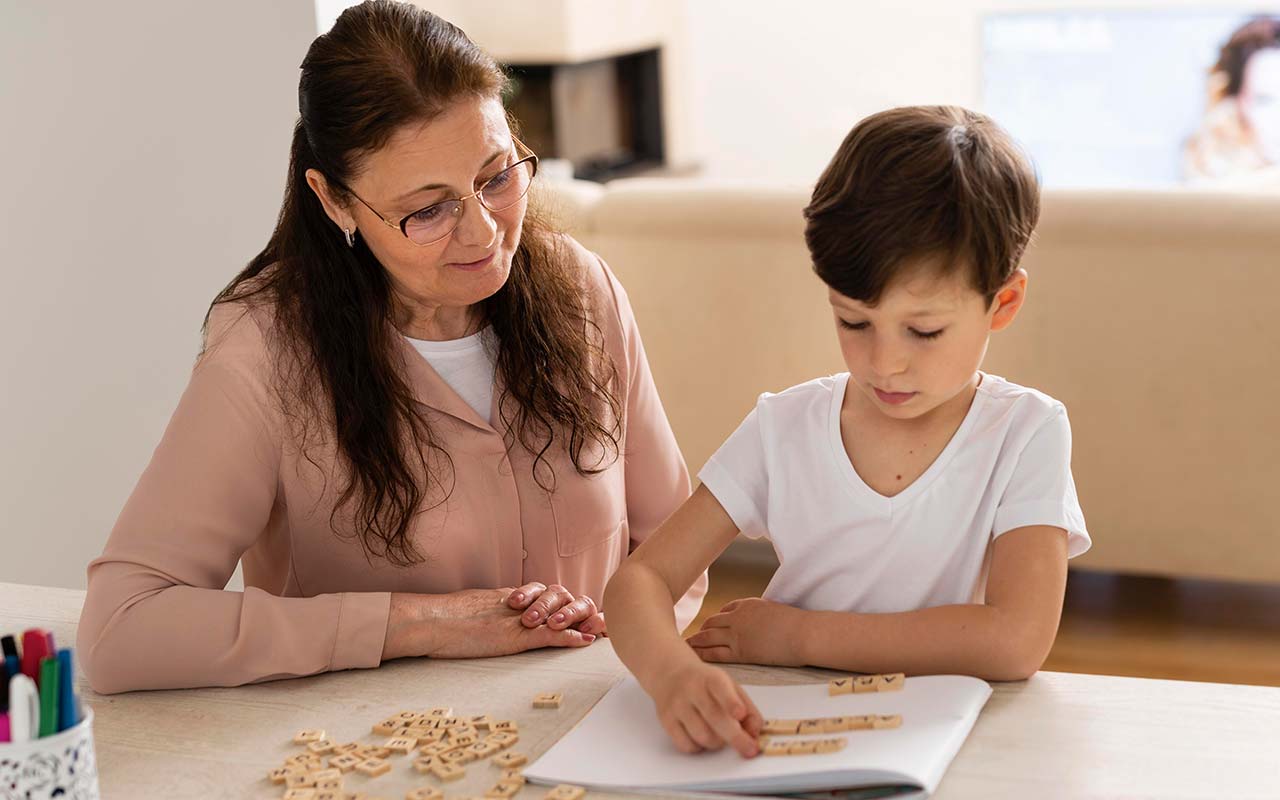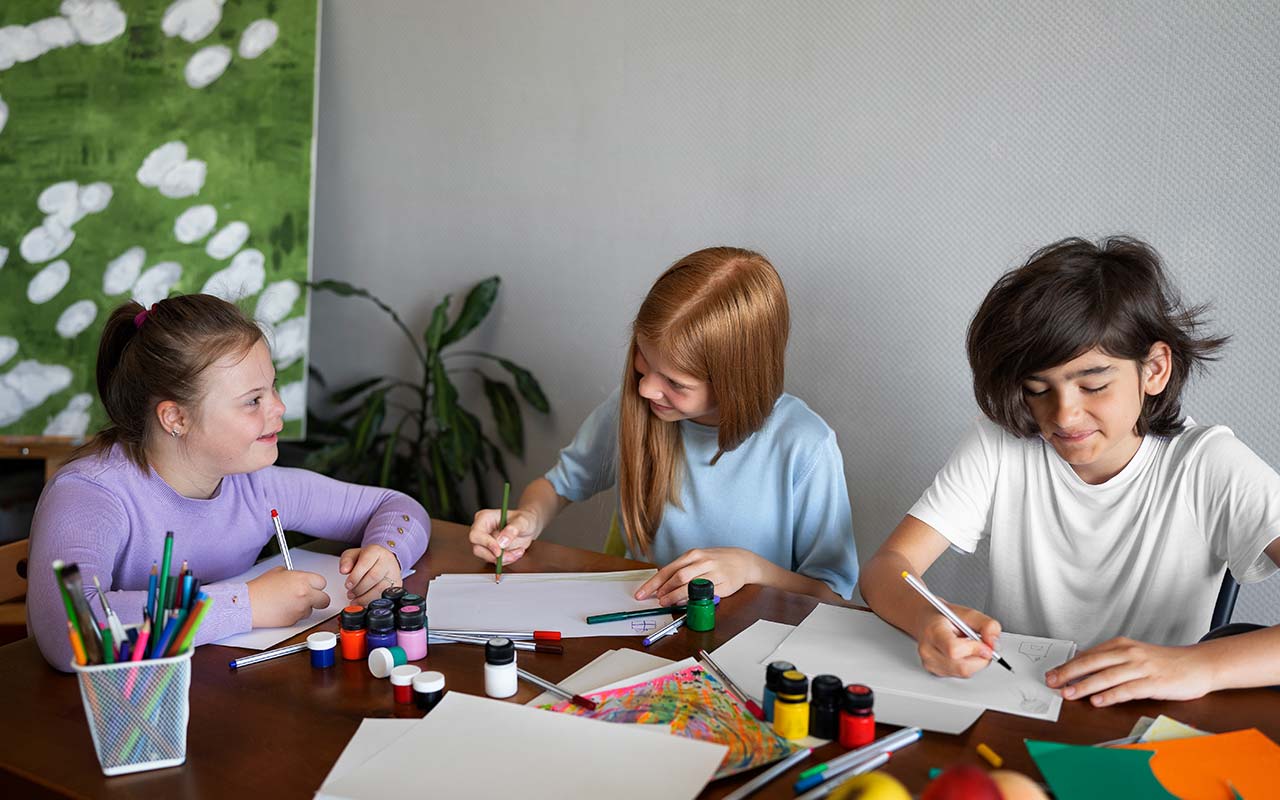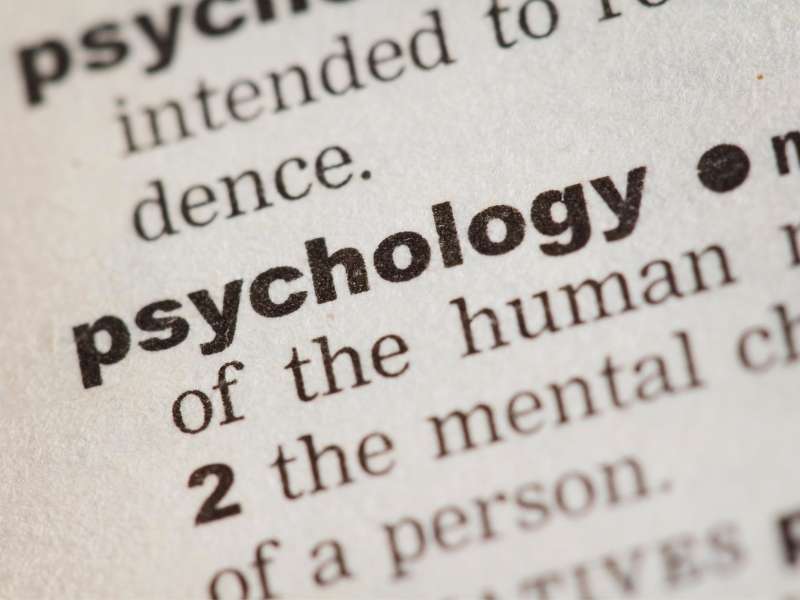The influence of society on the development and well-being of children is substantial. Children are influenced by their society’s cultural, social, and environmental factors from the time they are born. Various aspects of children’s lives, including their values, beliefs, conduct, and educational opportunities, reflect the influence of society.
Some important points to consider
01. The primary context for socialization
The primary context for socialization is society, in which children acquire the norms, values, and behaviours deemed appropriate by the community. Socialization has a profound effect on the growth and self-awareness of children, as well as their comprehension of the world. It influences their language acquisition, cognitive development, social skills, and psychological health. Children internalize societal expectations, cultural practices, and social norms through socialization, influencing their behaviour, choices, and relationships.
02. Peer Connections and Social Impact
Companion bunches inside society fundamentally affect youngsters’ socialization. Kids’ connections with companions, companions, and informal communities impact their ways of behaving, mentalities, and decisions. Peer tension can shape youngsters’ choices in regard to scholastics, leisure activities, clothing, and hazardous ways of behaving.
03. Values and Beliefs
Children assimilate the prevalent values and beliefs of their society. They internalize societal morality, ethics, and social justice standards. These values influence their decision-making, interpersonal interactions, and worldview as a whole. For instance, a society that promotes materialism and competition may shape distinct attitudes and behaviours in its children.
04. Gender and Expectations
Gender Roles and Expectations Society frequently assigns children gender-specific roles and expectations based on biological sex. These expectations may affect the toys they play with, their activities, and the career paths they contemplate. Such gender socialization can perpetuate stereotypes and limit individual potential. Nevertheless, societal changes are progressively challenging traditional gender roles, promoting equality and empowering children to embrace their individual identities. These gender roles and expectations can have numerous effects on the development of children.
For instance:
- Limited Possibilities
- Perpetuation of Stereotypes
- Identity and Self-Respect
- Limited Expression of Emotion
- Challenging Gender Stereotypes
05. Education and Opportunity
Education is an essential social institution that has a significant impact on the development of individuals. The educational system of a society determines the knowledge and skills acquired by students as well as their access to opportunities. Access to quality education can profoundly impact children’s future prospects, socioeconomic standing, and well-being as a whole. Societal investments in education and the emphasis placed on it have a significant impact on the intellectual development and future opportunities of children. In a society with a well-resourced and inclusive education system, for instance, children have equal access to quality education, resources, and extracurricular activities, enabling them to develop their talents and pursue various career paths.
06. Peer Influence
Children are also strongly influenced by their peers and social networks. Their behaviour, interests, and values may be influenced by the social dynamics among their peers. Peer pressure can influence children to make positive or negative decisions, affecting their development and well-being as a whole. Through cultural norms, social expectations, and community structures, society influences the formation of these peer environments. In a society where peer groups place a premium on academic achievement, for instance, children may feel motivated to excel in their studies. In contrast, children may be more inclined to engage in hazardous behaviour in a society where peer pressure revolves around such behaviour.
07. Media and Technology
In today’s interconnected world, media and technology significantly impact children’s lives. The media landscape of a society influences the content that children consume, which can influence their attitudes, beliefs, and behaviours. For example, media depictions of gender, violence, and materialism can influence children’s perceptions and values. It is crucial for society to promote responsible media practices and equip children with the critical thinking skills necessary to navigate the media landscape effectively.
08. Social Support and Protection
The quality of social support and protection available to children in a society has a substantial effect on their well-being as a whole. The degree to which children are protected from abuse, neglect, and exploitation is determined by societal factors, including laws, policies, and social services. A society that prioritizes the well-being of children and invests in their safety, health, and liberties fosters a more hospitable environment for their development.
In conclusion, society plays an essential role in shaping the development of children. The societal values, beliefs, social structures, educational systems, and opportunities have a significant impact on the lives of children. By recognizing and comprehending the impact of society on children, we can create environments that foster their holistic development, happiness, and future success.

